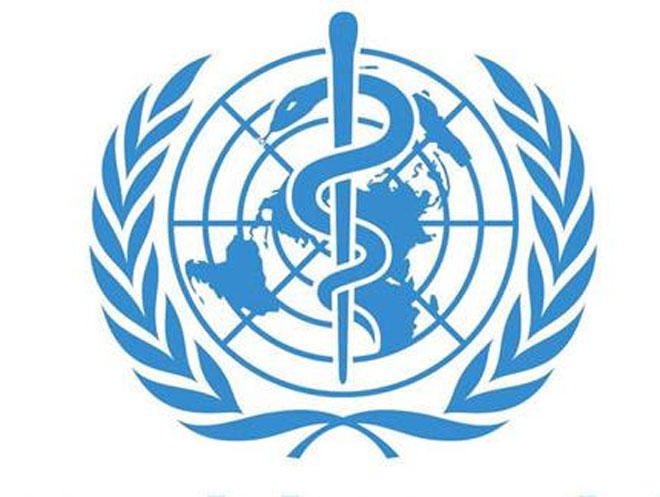WHO urges leaders in Western Pacific region to invest in primary health care

By Trend
The regional director for the World Health Organization (WHO) in the Western Pacific urged leaders in the region on Friday "to take strong action and invest in primary health care," saying it is "the most affordable way" to meet the health challenges facing the region, Trend reported citing Xinhua.
"Robust primary health-care systems are the fairest, most affordable way to meet the health challenges we face today," Takeshi Kasai said in a statement ahead of the World Health Day, which falls on April 7 this year.
"On this World Health Day, let's get smart about health spending. I call on our region's leaders to take strong action and invest in primary health care. By doing so, we can create health for all," Kasai said.
Kasai said that investment in primary health care is essential to provide access for the most vulnerable, build more equitable societies and help economies grow.
"Many people in WHO's Western Pacific region cannot access the health services they need," Kasai said. For some, he added services are too far away. "Others do not know when or where to seek care. Others fear stigma and discrimination," he said.
Indeed, WHO said that many people simply do not have enough money. In some places in the region, WHO said one in five families spends more than 10 percent of its income on health care. Globally, the cost of health care pushes 100 million people a year into extreme poverty.
In the region's middle-income countries, nearly half of the cost of health care is paid out of pocket by patients, while health services in high-income countries are funded predominantly with public money.
While government spending on health is generally increasing, Kasai said funds are not always used in the most efficient way.
"Cost-effective services provided at the local level are key to controlling health spending," Kasai said. "Those basic services - such as vaccinations, screenings and routine visits - often prevent pricey hospital visits or diseases that can lead to years of costly care or premature death," he said.
Kasai said committing health spending to primary health care not only saves money, it also helps countries develop. "Healthier people miss work less and contribute more to national prosperity. They are also able to improve prospects for their families," he said.
"We need strong primary health care so we can detect, screen and treat people at the community level, as well as provide information and advice to communities to prevent and manage these diseases," Kasai said.
---
Follow us on Twitter @AzerNewsAz
